Affiliated Faculty
This list of affiliated investigators can help you identify potential research mentors at the University of Pittsburgh. PSTP students can, and do, work with mentors not on this list, but the investigators featured below have expressed interest in hosting PSTP students in their laboratories.

The Bailey laboratory focuses on the intersection of DNA damage and immunobiology in Ewing sarcoma, a primary bone tumor diagnosed in adolescents.

Identify phosphorylations, dephosphorylations and acetylations that regulate ATM activity in vivo

The central research focus of the Tumor-Immune Interaction Lab (TIIL) is to study tumor-intrinsic resistance to immunotherapy. Leveraging cutting-edge technologies such as single-cell sequencing, spatial omics and imaging, digital pathology/pathomics, radiomics, and artificial intelligence, we identify novel therapeutic targets for drug repurposing, biomarkers for predicting therapy response, and model tumor-immune interactions using patient-derived organoids, enabling accelerated translation into clinical trials to improve patient outcomes.
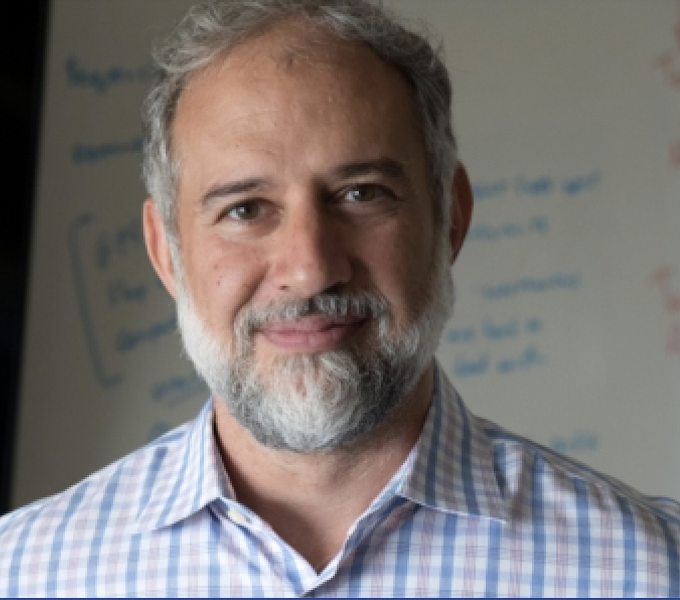
Neurophysiology of sensory-motor coordination, brain-machine interfaces

Investigation of the molecular mechanisms that regulate the pathogenesis of genetic and acquired cardiomyopathies

Dr. Benam is the founder of Translational and Multidisciplinary Lung Microengineering Lab, which brings together researchers from the engineering, biology, bio-pharmaceutical industry, clinical and business communities with the aim of developing new technologies that recreate complex human organ pathophysiology in vitro, and applying them to discover novel therapeutics and personalized biomarkers. His research focuses on applying disruptive technologies that enable him and his team to elucidate cellular and molecular mechanisms that govern tissue pathology or offer protection during lung injury and host-environment interaction.

The Billiar Lab focuses on the immune responses to acute systemic stresses of major clinical relevance including trauma and surgical sepsis

The mechanisms of cross-priming of antigens during immune responses to cancer, viruses and autoimmunity
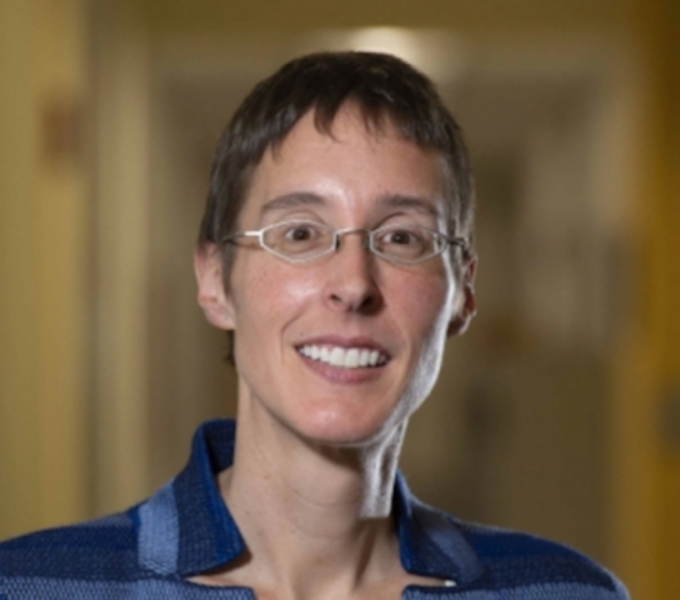
Demand adapted hematopoiesis in infection and inflammation
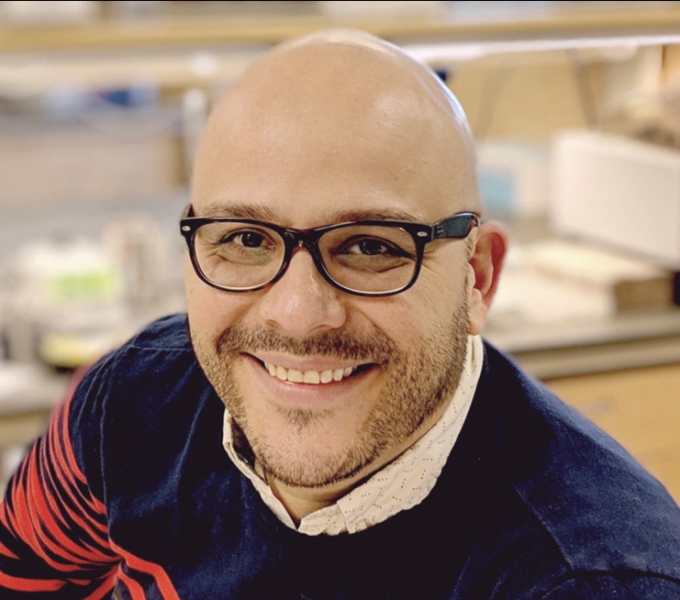
Research in the Brieño-Enríquez lab focuses on the regulation of gametogenesis and reproductive aging in mammals (human, mouse and naked mole-rat) and, more specifically, the fundamental mechanisms that are required to produce viable germ cells and maintain them along the lifespan.
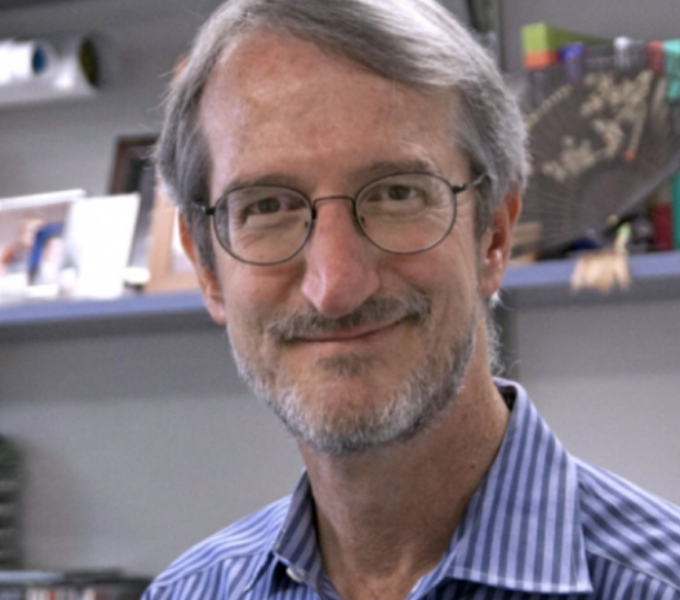
Protein “quality control”, diseases associated with misfolded proteins, and drug treatments for these diseases
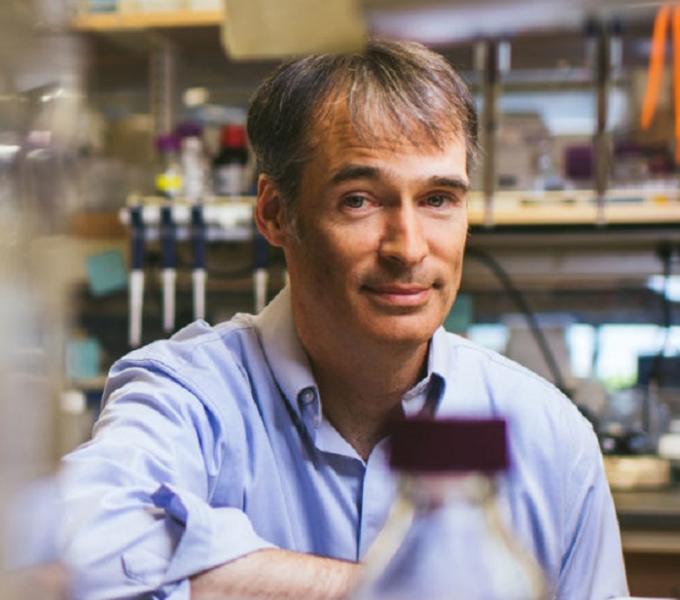
Tumor microenvironment, Cancer stem cells, novel therapeutics for cancer
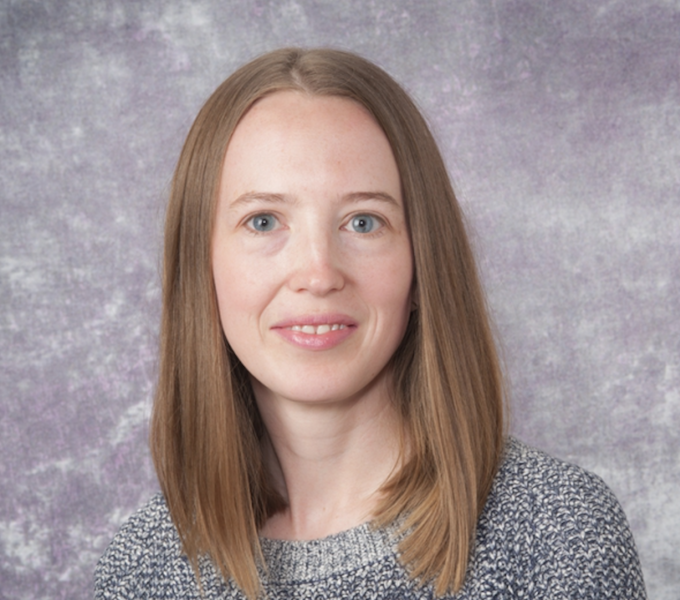
Gene therapy, viral vector engineering, genome editing, inherited retinal degeneration, genetics of eye disease
